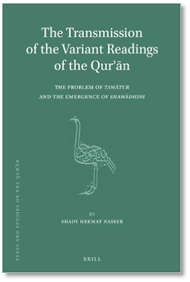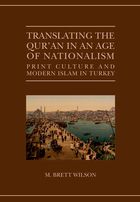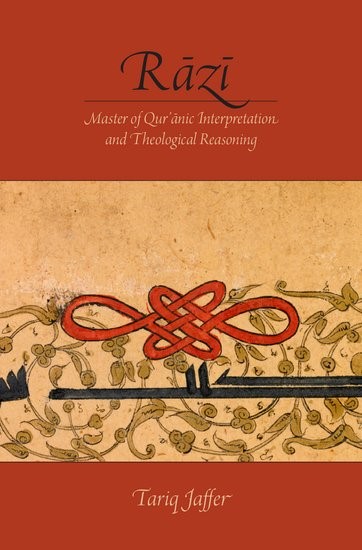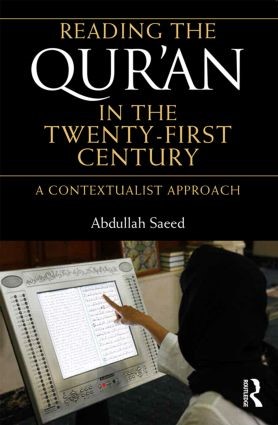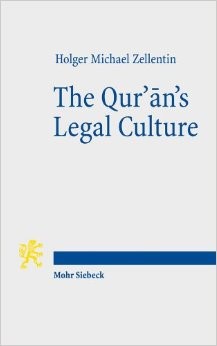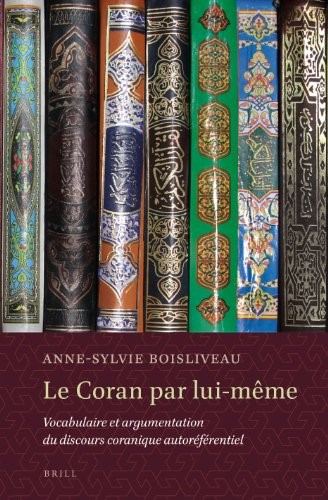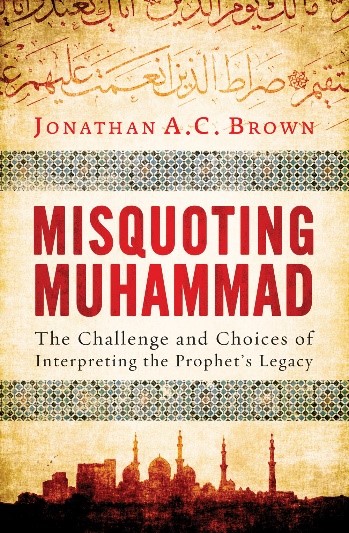Divine Encounter with the Qur’an
In the latest installment of the Review of Qur’anic Research 2, no. 4, Yasin Dutton reviews Keith E. Small’s Qurʾāns: Books of Divine Encounter (Oxford: Bodleian Library, Oxford University Press, 2015). In this book, Keith Small presents the Qurʾan collection at the Bodleian Library, Ashmolean Museum, and the David Collection in Copenhagen. The book presents a visual display of the manuscripts in a mainly chronological arrangement. It highlights the theme of the Qurʾan being the point of contact with the Divine. The first two chapters present the earliest manuscripts in the collection. The next two chapters presents the art of manuscript illumination. The final three chapters emphasizes the European encounter with the Qurʾan, global dissemination, and talismanic copies of the Qurʾan.
Full access to the Review of Qur’anic Research (RQR) is available in the members-only area of our IQSA website. Not an IQSA member? Join today to enjoy RQR and additional member benefits!

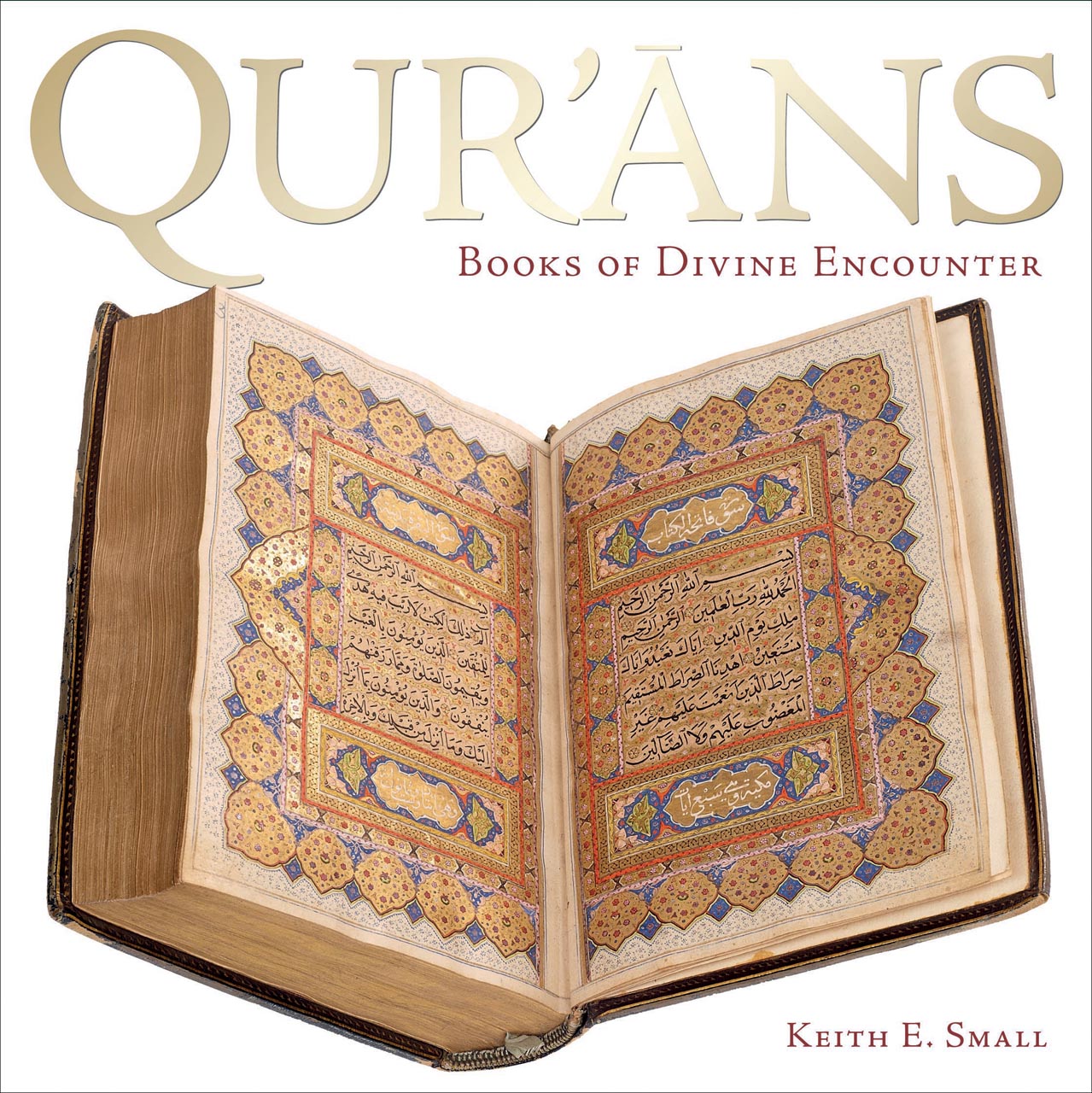
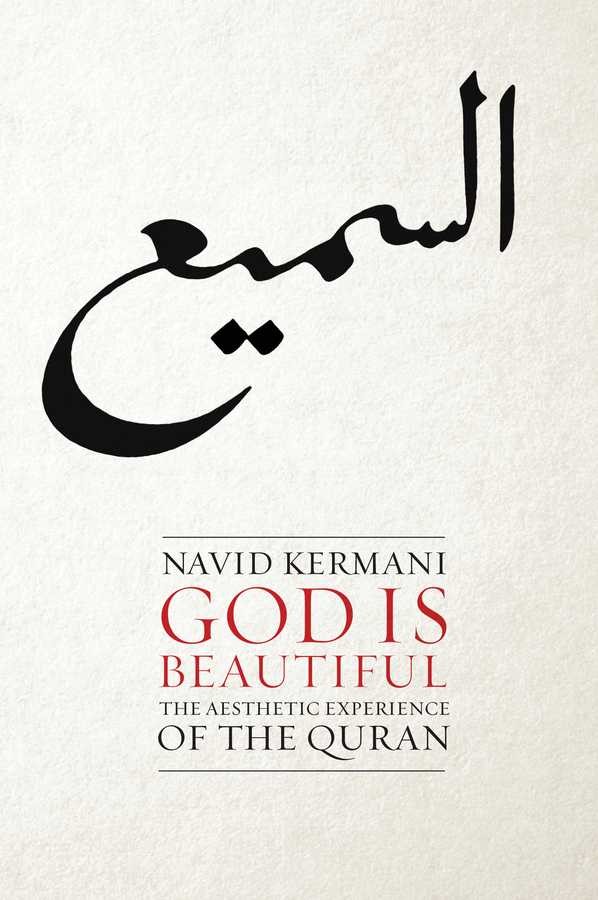
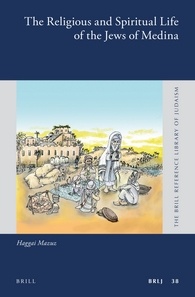
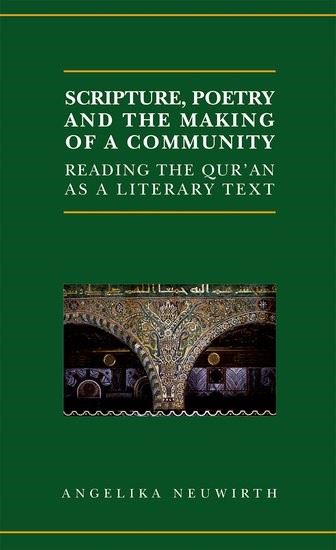 In the latest installment of the
In the latest installment of the 